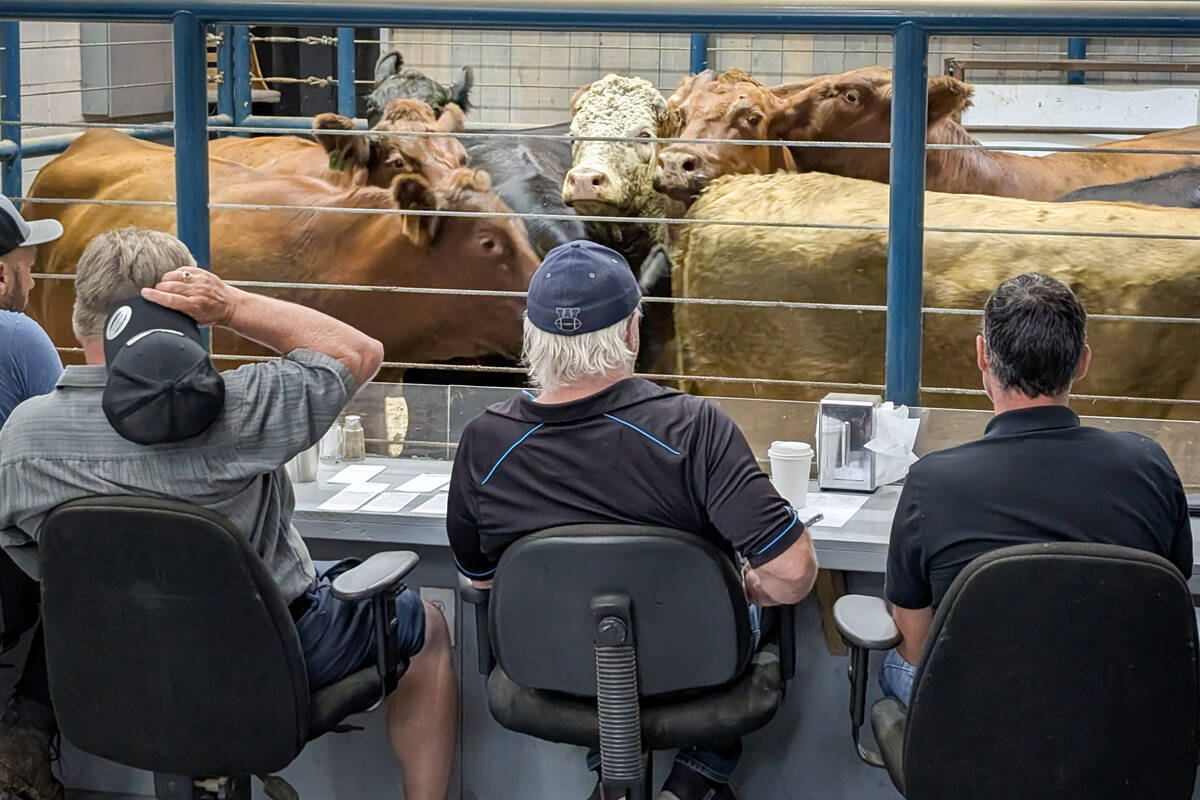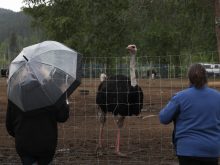Manila | Reuters — The Philippines’ farm ministry said on Wednesday it has banned poultry imports from California and Ohio in the United States because of several outbreaks there of highly pathogenic avian influenza.
The ban, which aims to protect the health of the Philippines’ poultry population, covers imports of domesticated and wild birds, including poultry meat and eggs, the ministry said in a statement.
All shipments coming from California and Ohio that are already in transit, loaded, or accepted at Philippine ports before Jan. 15 will be allowed entry if they were slaughtered two weeks before the outbreak began, it added.
Read Also

Klassen: Weaker fed market weighs on feeder cattle prices
For the week ending November 8, Western Canadian feeder cattle markets traded $10-$20/cwt below values from seven days earlier. Some…
In 2023, the Philippines imported 166,356 tonnes of poultry products worth $175.8 million from the United States, which is the second-largest supplier to the Southeast Asian nation accounting for 40% of arrivals, government data showed.
Earlier this month, the Philippines halted imports of poultry products from Belgium and France, also because of a bird flu outbreak.
Bird flu is carried by migrating wild birds and can then be transmitted between farms. It has ravaged flocks around the world in recent years, disrupting supply and pushing up food prices.
–Reporting for Reuters by Neil Jerome Morales.











